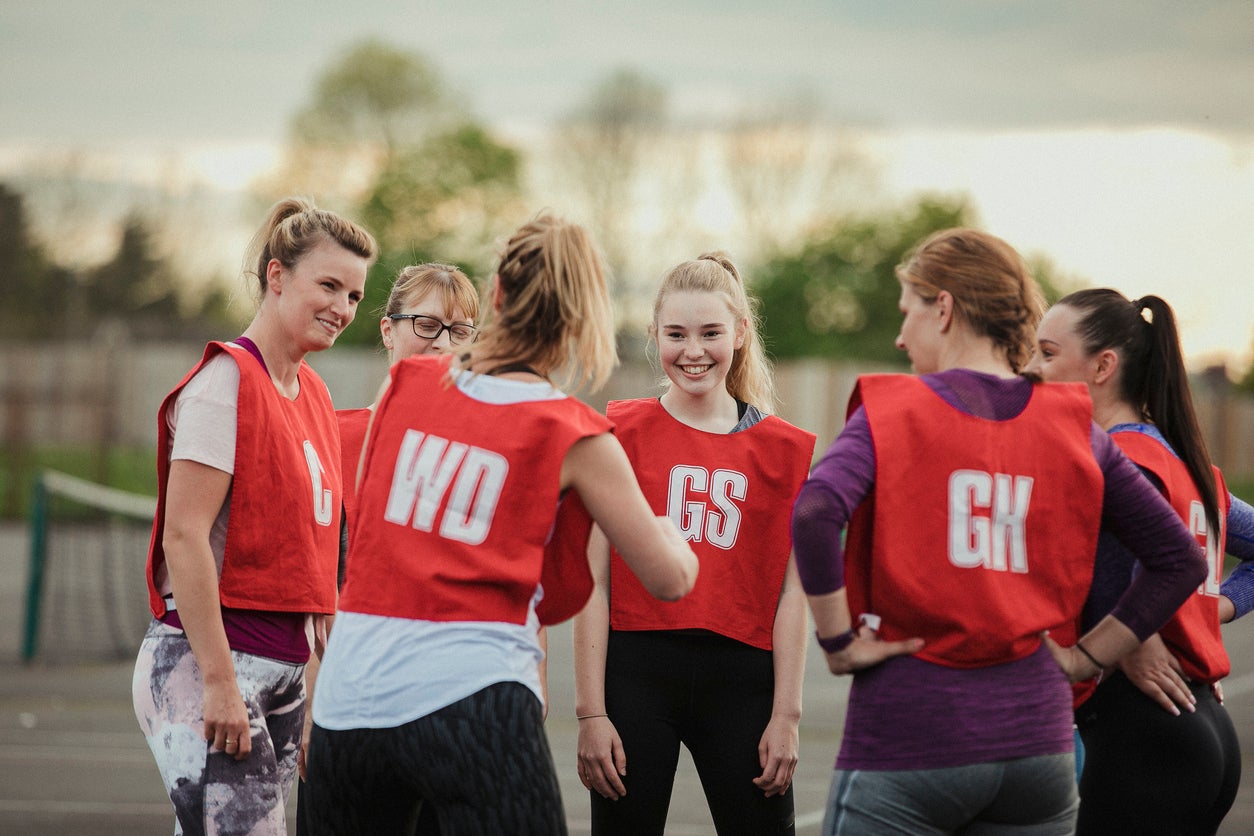Youth unemployment must be reduced – sport is the answer
Physical activity and peer-to-peer coaching develops confidence and helps disadvantaged young people unlock their potential


Your support helps us to tell the story
From reproductive rights to climate change to Big Tech, The Independent is on the ground when the story is developing. Whether it's investigating the financials of Elon Musk's pro-Trump PAC or producing our latest documentary, 'The A Word', which shines a light on the American women fighting for reproductive rights, we know how important it is to parse out the facts from the messaging.
At such a critical moment in US history, we need reporters on the ground. Your donation allows us to keep sending journalists to speak to both sides of the story.
The Independent is trusted by Americans across the entire political spectrum. And unlike many other quality news outlets, we choose not to lock Americans out of our reporting and analysis with paywalls. We believe quality journalism should be available to everyone, paid for by those who can afford it.
Your support makes all the difference.I’m lucky that I grew up in a sporting family and a household that encourages risk-taking. Optimism for the future seems to run in our DNA. My coaching, however, has brought me into contact with many young women who don’t have such hope. A lack of opportunity and a lack of confidence often goes hand-in-hand for those from socially deprived backgrounds.
In recent years, the most rewarding part of my job is not the wins for the team, but the individual wins for the team members. It’s particularly rewarding to help women from disadvantaged backgrounds find the confidence to back themselves, when no one else will, by giving them a sense of belonging within the team.
Record national unemployment levels were recently announced in the UK – half a million young people aren’t in employment, education or training. Many continue to believe that the unemployed are intentionally avoiding opportunities, but the truth is many of them lack the confidence or mental resilience to put themselves forward for these chances.
That’s why I’m so proud to be backing a new youth coaching initiative led by Suntory Beverage & Food, the makers of Lucozade Sport, which is aiming to help 16 to 24-year-olds unlock their potential. The Coach the Coaches initiative aims to boost the confidence and improve the employment prospects of young people through peer-to-peer mentoring in sport.
This kind of mentoring isn’t about older people lecturing young people, but rather about local communities with an authentic understanding of local challenges, providing inspiring examples to their peers.
The initiative is the result of a three-year study by Leeds Beckett University with 10,000 young people who were provided with sports coaching. The findings are startling – almost three-quarters (74 per cent) of those who took part in the activity boosted their career prospects. As a result of the programme, 4,000 young people went on to volunteer in their local communities, and more than 2,300 achieved accreditation in vocationally recognised qualifications.
In the majority of young adults I’ve met through my coaching career, whether it’s been during my own role as the former coach of the England netball team or more recently with Manchester Thunder, mental wellbeing is vastly improved when they feel safe. Reservations in both sport and life, especially from young women, can come from a lack of self-confidence – peer-to-peer coaching with a mentor young people can relate to can improve confidence levels.
To keep up to speed with all the latest opinions and comment sign up to our free weekly Voices Dispatches newsletter by clicking here
I strongly believe that physical activity creates a safe space, even if it is just for an hour each week, where young people can enjoy and challenge themselves without fear. This effect only grows when there are figures of authority in sport that individuals can trust.
Sports clubs should also consider smaller group sizes – especially in more populated or male-dominated sports such as football. Smaller group sizes can enhance the outcomes for young women and increase retention rates.
I’m excited that peer-to-peer coaching like Coach the Coaches and increased representation amongst Britain’s sports coaches has a real chance to help 16 to 24-year-olds improve their life outcomes. I encourage you to think beyond today’s youth unemployment figures as just another statistic, and consider real people with plenty of untapped potential.
Tracey Neville MBE is the performance operations director at Manchester Thunder and former England netball coach
Join our commenting forum
Join thought-provoking conversations, follow other Independent readers and see their replies
Comments